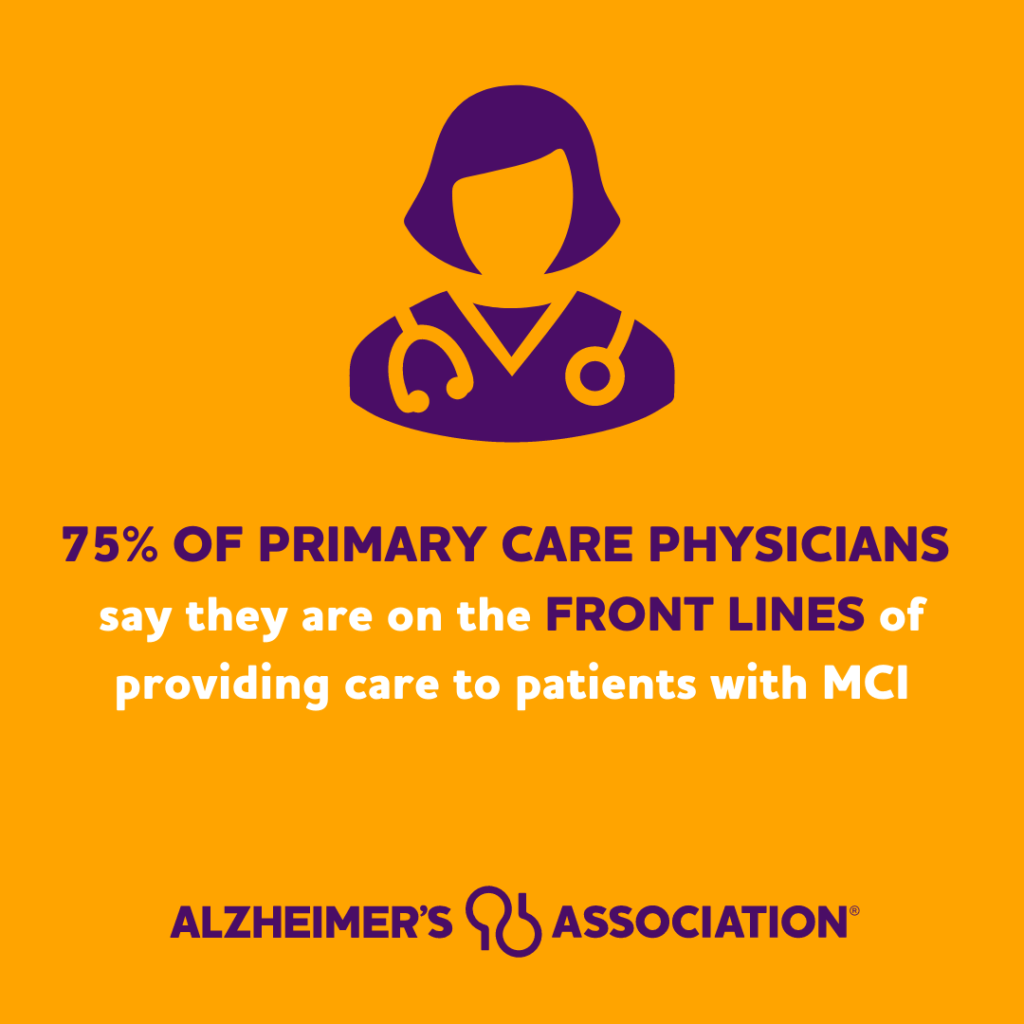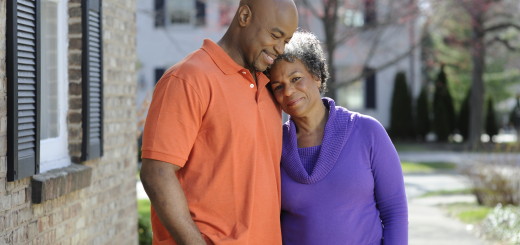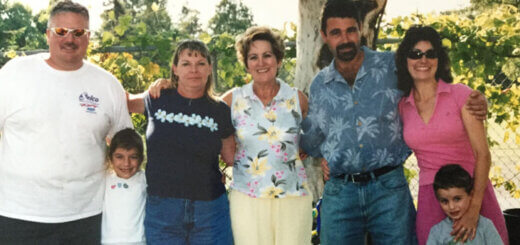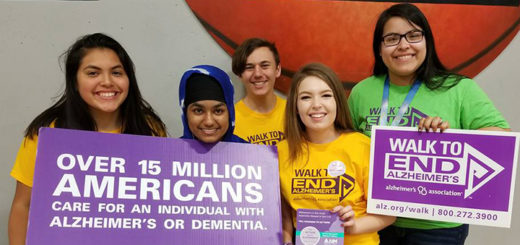Napa County resident living with MCI stays positive
Data from the Alzheimer’s Association® 2022 Alzheimer’s Disease Facts and Figures report highlights the lack of public awareness about mild cognitive impairment (MCI). It also discusses the role primary care physicians play in making a diagnosis, given the shortage of specialists. John, who is living with MCI, shares how he had to give up his career as a pilot but continues to stay positive.
Life as a pilot
John was the youngest of eight kids growing up in Pacifica, CA. After high school, John attended the U.S. Naval Academy in Annapolis, MD. When John completed flight school, he flew A6 Intruders abord the aircraft carrier USS Abraham Lincoln (CVN 72). While stationed at Whidbey Island, WA John met his wife, Bobbie. In 1995 John and Bobbie moved to California after he was hired by United Airlines. There they had two children and later adopted two more.
In 2010 John and Bobbie were surprised to find out that Bobbie was pregnant with their fifth child who was born in 2011. “It’s hilarious, I’m old enough to be his grandpa,” said John. “He is a blessing and very entertaining.”
A cancer diagnosis
In 2017, John was diagnosed with prostate cancer. After taking a break from flying to recover from his surgery, the Federal Aviation Administration withheld his medical qualification to fly for another six months. “I was anxious to get back on the flight deck, I really missed it,” said John. “I missed the feeling of being productive.”
When pilots take long periods of time off, like John did, they are required to do a simulator “check ride,” where the airline tests their ability to fly a plane. A pilot can tell how well the test went by how long it takes to go over the results. The shorter the review is, the better the check ride went.
John’s first review after his surgery was long. Luckily, John passed his check ride. However, he did not feel as confident compared to previous check rides. John said, “It felt uncomfortable, and I had not felt that way before.”
John continued to “commute” between Seattle and San Francisco for another year. In 2020, with most of their kids in college, John, Bobbie and their youngest son moved back to California. John said, “We lived 10 minutes from the airport to make my life a little easier.”
However, with the results of his check ride still on his mind, John knew something wasn’t right. He decided it was time to see a doctor.
Seeing a doctor
According to the Alzheimer’s Association 2022 Alzheimer’s Disease Facts and Figures report, only four in 10 Americans surveyed said that they would seek a doctor’s opinion immediately if they experienced symptoms of cognitive decline. Sixty percent of people would wait or not seek a doctor’s care at all. However, 85% of American’s report they would want to learn about having Alzheimer’s early.
In 2021 John scheduled an appointment with a neurologist where he received an MRI. His neurologist ran a few other tests and told John that he had mild cognitive impairment (MCI). “It was a relief to get the diagnosis,” shared John. “I think all of us who are struggling with something like this don’t want it to be our fault. Now I know it wasn’t me messing up, it was the disease messing up.”
Mild cognitive impairment
MCI is an early stage of memory loss or other cognitive ability loss (such as language or visual/spatial perception) in individuals who maintain the ability to independently perform most activities of daily living.
According to the Facts and Figures report, more than half of Americans confuse MCI with “normal” aging. However, 12-18% of people aged 60 or older have MCI. While some individuals living with MCI may not develop dementia, 10-15% of them will.
In April 2021, a week after John’s last flight, John’s neurologist made it clear that he was not able to fly planes anymore. “I miss flying, especially when you’re flying with someone you get along with,” said John. “[Before the MCI diagnosis] I was so whacked out, it was a big emotional thing. I couldn’t remember things and it was affecting my job performance. The diagnosis was a relief.”
Primary care physicians
John was lucky that he was able to see a neurologist to get a diagnosis. Researchers project that by 2025, 20 U.S. states will have fewer than 10 neurologists per 10,000 people with dementia. Many people with cognitive symptoms are not able to access specialty care and must rely on their primary care physicians (PCPs).
According to the Facts and Figures report, three in four PCPs say they are on the front lines of providing care for people living with MCI. However, only 65% of PCPs are comfortable diagnosing and answering questions related to MCI. Ninety-six percent of PCPs say it’s important to assess patients aged 60 and older for cognitive impairment, but report only assessing 48% of these patients.
Once MCI is diagnosed, 73% of PCPs recommend lifestyle changes while only 8% recommend participation in clinical trials. However, 43% of Americans say that one of the reasons they are interested in getting an early diagnosis is to be able to participate in a clinical trial.
Finding a community
Currently, John is participating in an Alzheimer’s Association support group for those in the early stages of MCI, Alzheimer’s or other dementias. A concurrent group is available for their care partners.
Group members can talk about their experiences with others who understand what they are feeling. “There’s nothing like a shared experience,” said John. “If you’re going through something and other people are going through the same thing it’s better to do it together. You can understand what the others are going through. You feel like you’re not alone. It’s just good to be together.”
John, Bobbie and others from the support groups occasionally get together for walks. “You get to know everyone,” said John. “I’m curious who is in Bobbie’s group and who [in my group] matches up with [someone from Bobbie’s group]. You see them on Zoom, but when you get together on the walks it’s just a bunch of people getting together and having fun.”
Staying positive
John, Bobbie and their son left Brisbane and moved to Napa County. John spends his free time taking one to two hour walks and playing golf. “It’s a really good escape,’ said John. “If I don’t go for a walk and get my heart going, it feels like I am more tired. I look forward to it and I feel better.”
A friend of John’s from college gave John a part time job doing some remote computer work. John also spends some of his time helping to homeschool his son. “I help with math,” said John. “Sometimes I can’t find where we left off in the book, but I’m able to do fifth grade math problems.”
Throughout all of this, John continues to stay positive. “I believe we’re given challenges for a reason,” said John. “When something happens that you didn’t want to have happen, it sends you down a different direction.
“Every time that has happened to me, I go down that new direction and something good happens. Something positive will come out of this. I don’t know what it is, and I am not searching for it. Something will pop up and I’ll be like, woah now I see it.”
Find out more on this year’s Facts and Figures report at alz.org/facts. For more information about early-stage support groups, call the Alzheimer’s Association 24/7 Helpline at 800.272.3900.






















